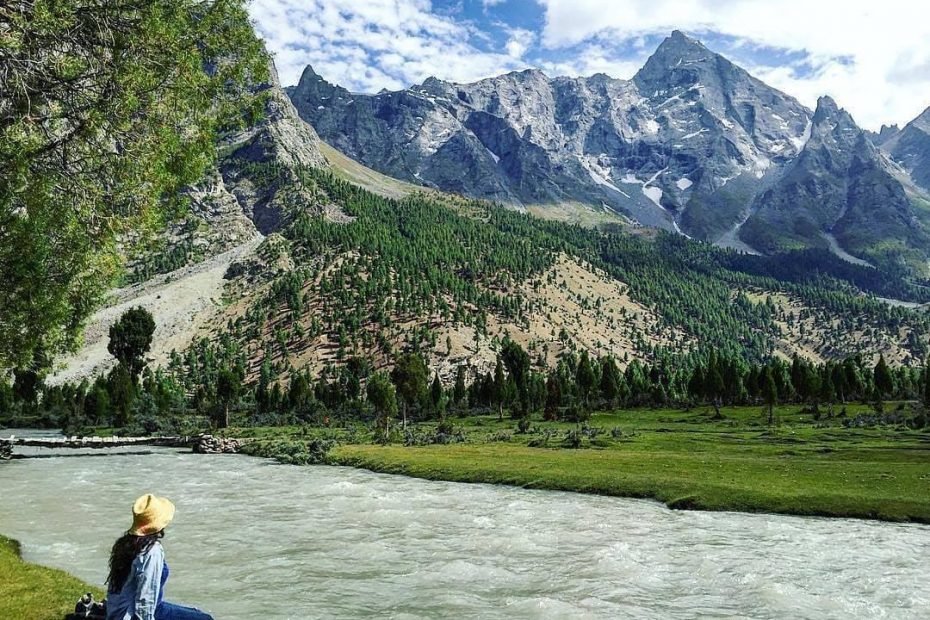Tourism is not a sustainable source of income. The recent situation of Covid-19 is the best illustration of over-reliant on tourism industry. Therefore it is safe to say that it is a volatile industry. The disadvantages of mass tourism in Gilgit- Baltistan can be divided into three categories i.e. environmental, social and economical. Apart from being an unsustainable source of income, the infrastructure of Gilgit-Baltistan is not that good enough to bear an influx of millions of tourists every year. Such a large number of tourists with rotten infrastructure are a huge problem for locals. This can be demonstrated in main cities (Gilgit and Skardu) in the form of heavy traffic block on roads. Haphazard and unplanned constructions are causing traffic block and it has become a daily routine in these cities.
Although Gilgit-Baltistan is naturally rich in fresh water reservoirs being home to the largest glaciers of the world outside polar region. But due to lack of appropriate water distribution mechanism, 95 percent of its population is exposed to polluted water giving rise to waterborne diseases among locals. In all these circumstances an influx of millions of tourists will surely pollute the lakes, dams and streams which are also tourist spots and only source of fresh water for locals. No such policies related to safe supply of clean water are initiated by government.
The behavior of local tourists towards the nature is really disappointing. If such unchecked conditions remain for the next few years, the beautiful tourists destinations of Gilgit-Baltistan are going to be converted into trash. Many videos and pictures on social media were viral, where local tourists can be seen cutting branches of trees, leaving waste material at tourist spots and spreading visual pollution by writing their names on rocks alongside the road. These actions are going to have a huge impact on the sensitive ecosystem of the region.
The more influx of tourists will certainly increase the spread of diseases in the region. This was quite visible amid Covid-19. Gilgit-Baltistan remained the most effected region in Pakistan with the highest Covid-19 positivity ratio. A region whose health sector is already in a fragile condition cannot bear any health emergency situation. The increasing pollution and climate change due to tourism is going to soar up pressure on this fragile health sector. Moreover, GB is also facing shortage of doctors. In GB one the ratio of doctors and patients is 1:4000, while at national level it is 1:1026. A huge discrimination can be witnessed after analyzing these statistics.
In the recent days, we came to hear about the news that government is allowing Pearl Continental to construct five star hotels at the bank of Attabad lake. It was quite surprising to allow heavy constructions in a sensitive region. As there is no proper sanitation system so where are they going to dump all this waste material? Surely into the lake, polluting and destroying the beauty of Attabad lake. This lake was created in a tragic land sliding incident on 4, January 2010. In the incident more than 20 people lost their lives and around 40 people were injured making hundreds of people homeless. Attabad lake is basically a graveyard of hundreds of people whose victims are yet to be compensated. So any decision of government regarding the construction of hotels at Attabad lake should be based on broad consensus of the locals especially the victims of Attabad lake incident.
With all these ongoing issues the only focus of government is increasing the influx of tourists and plundering the resources of the region. The temporary betterment of economy at the cost of environmental pollution is not a wise strategy. Mass tourism is destroying nature at a higher pace.
If you want to submit your article Contact Us

Jabir Hussain
Jabir Hassan belongs to Skardu. He is graduated as a Mechanical Engineer from UET Taxila.

